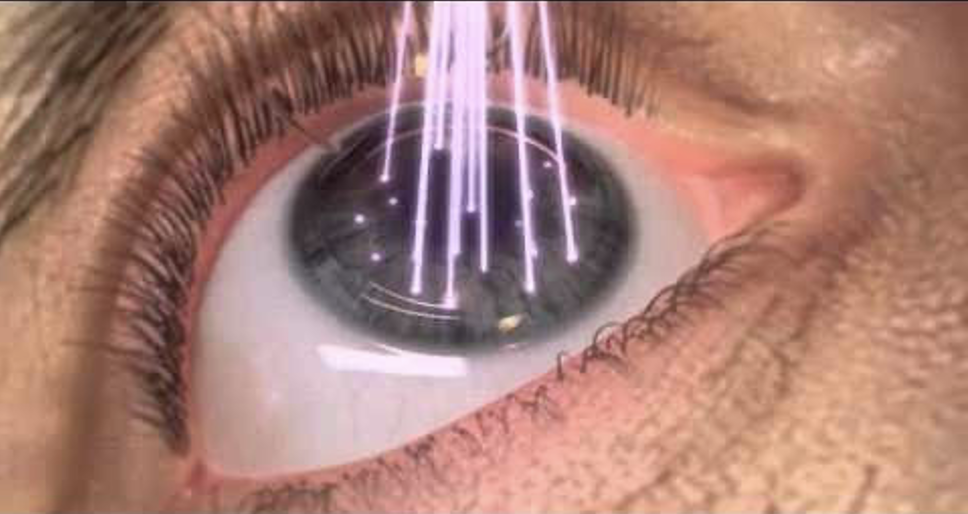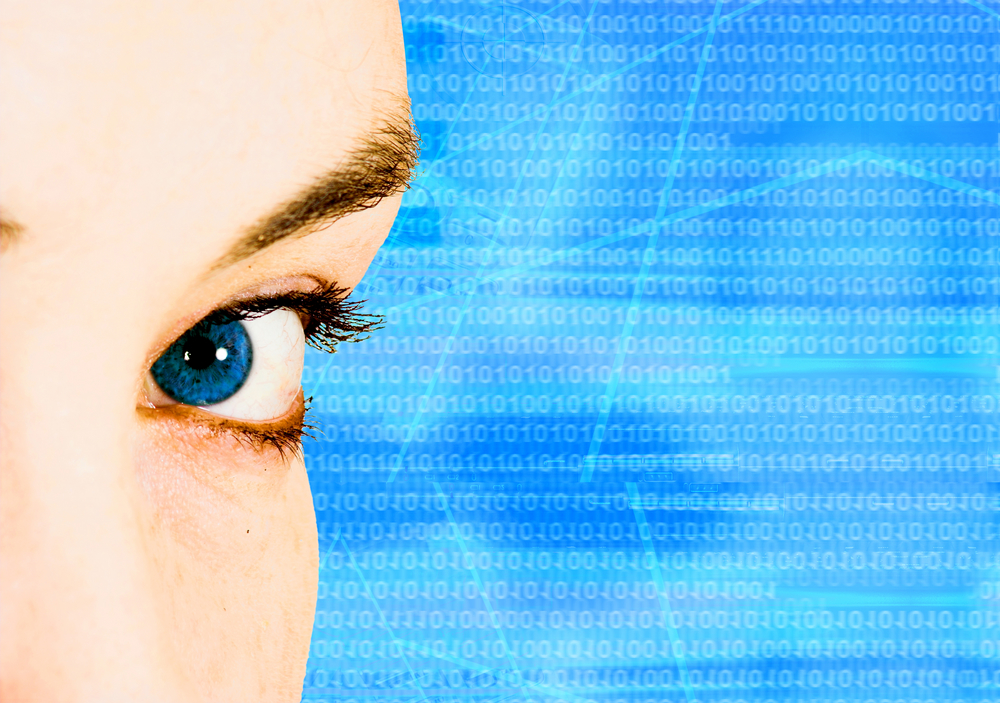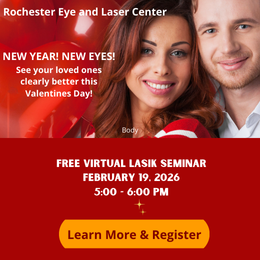
 You’ve been thinking about LASIK a lot lately, particularly after you lost a contact lens at the very beginning of your last weekend getaway. Thankfully, your backup lenses were stored safely…on your bathroom counter *sigh.*
You’ve been thinking about LASIK a lot lately, particularly after you lost a contact lens at the very beginning of your last weekend getaway. Thankfully, your backup lenses were stored safely…on your bathroom counter *sigh.*
But then you find out your friend’s mom had LASIK many years ago — and now she needs glasses to read. You thought LASIK meant you could ditch your contacts and glasses forever. So, what gives?
The truth is, having LASIK doesn’t guarantee you’ll never have to wear glasses or contacts again. But chances are, you may not need them for a very long time, depending on how old you are when you have your procedure done.
A study published last year in the Journal of Cataract and Refractive Surgery examined more than 4,000 studies on LASIK done worldwide. The authors found that 90 percent reported 20/20 vision or better, and more than 99 percent reported 20/40 or better.
 But even with those percentages, there is still the possibility that people who have LASIK will need glasses at some point in their lives.
But even with those percentages, there is still the possibility that people who have LASIK will need glasses at some point in their lives.
The main reason for this is a condition almost everyone over 50 struggles with at some point, called presbyopia. From the Greek words “presbys” and “opia,” meaning “old man” and “eye” respectively, presbyopia is when the lens in one’s eyes loses flexibility as they age, which affects their ability to focus on things up close. There comes a day when your arm just isn’t long enough — as hard as you might try — to get your phone far enough away from your face so you can actually read your texts. At that point, people typically need reading glasses.
So while LASIK can help correct your vision, it can’t stop the aging process. People who have had LASIK will eventually experience presbyopia too, and may need glasses or contacts.
LASIK is a medical procedure and, like any medical procedure, it has potential risks and side effects. Not everyone who has LASIK will achieve perfect vision, and certain circumstances might make it more likely that you’ll sometimes need to use glasses or contacts even after your surgery.
The best way to find out if you are a good candidate for LASIK, and to understand the potential risks and side effects before you make a decision, is to have a free consultation with our LASIK team at the Rochester Eye and Laser Center.

1 min read
What is LASIK Recovery Like?
LASIK vision correction surgery treats the refractive errors that commonly require prescription lenses to correct – farsightedness, and astigmatism....

7 Things About LASIK Surgery
Considering LASIK surgery? Take the time to educate yourself by conducting thorough research and consulting with Dr. Lindahl, the esteemed LASIK...

1 min read
What is Monovision LASIK?
Are you considering LASIK surgery OVER age 45? Do you currently wear reading glasses, bifocals, or readers over your contact lenses for near...


 The Rochester Eye & Laser Team
The Rochester Eye & Laser Team



